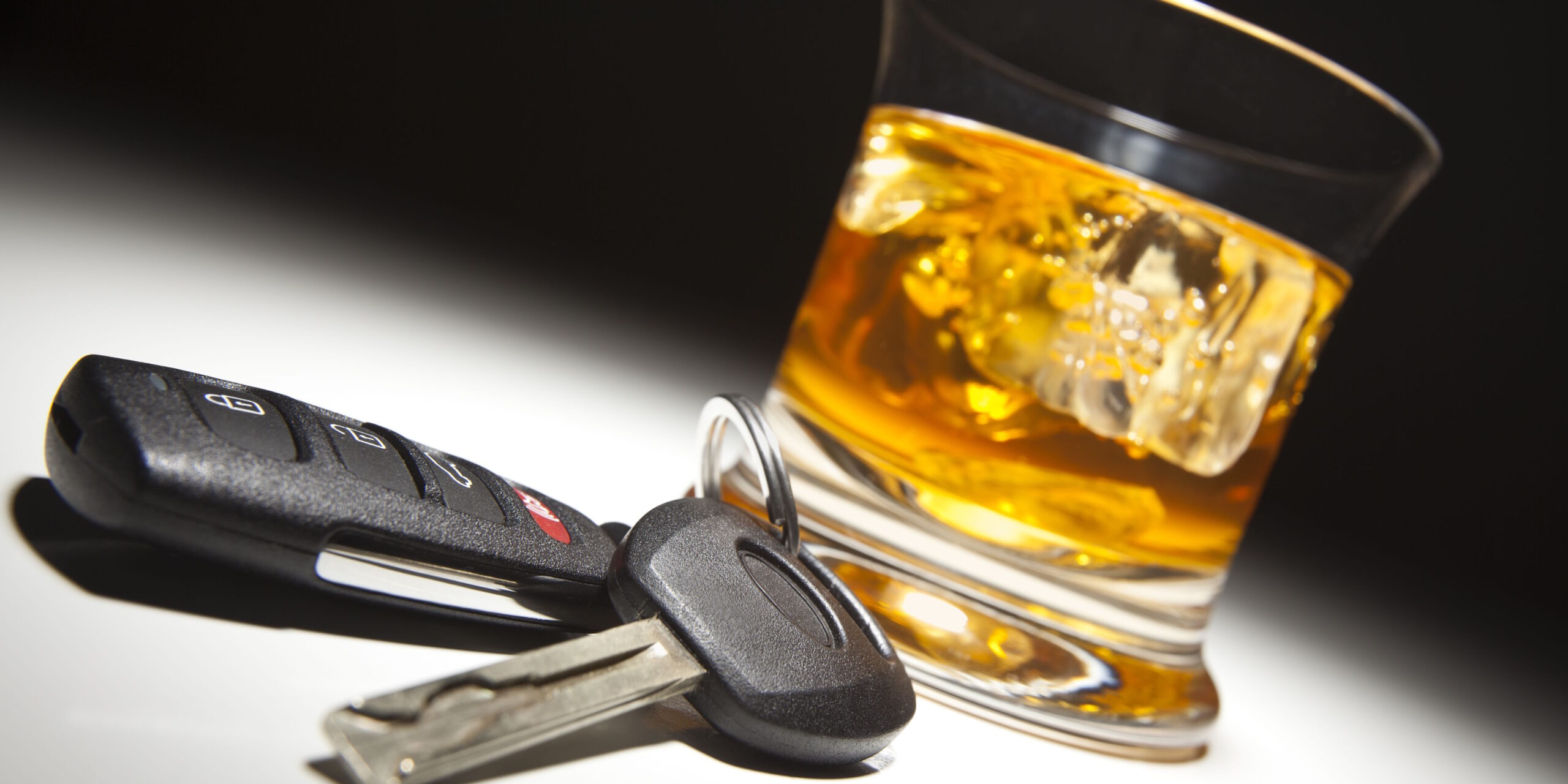
Does A Failed Field Sobriety Test Mean Automatic DUI conviction?
It’s important to understand that most Standardized Field Sobriety Tests (SFSTs) are designed in a way that makes them very difficult to pass. There are three field sobriety tests that have been standardized and approved by the National Highway Traffic Safety Administration (NHTSA) for the state of Maryland. These tests are the Horizontal Gaze Nystagmus Test, the Walk and Turn, and the One Leg Stand test. All of these tests are a subjective means for the police officer to gauge whether or not a person is driving under the influence of alcohol. Failing the FSTs will often result in being charged with a DUI. However, these tests aren’t an accurate representation of a person’s BAC and are prone to error.
Field Sobriety Tests are Influenced by Interpretation
Field sobriety tests are subjective and whether you’ve passed or failed is subject to interpretation. The horizontal gaze nystagmus test, for example, will more often than not “prove” to the officer that you’re under the influence of alcohol. However, despite being trained to perform this test, most officers will interpret, incorrectly, that a person has failed. There are also a number of other variables that can affect the results of the test, including:
- The test is improperly conducted
- The test is improperly scored
- The test is given in a way not approved by the NHTSA
Both the One Leg Stand and the Walk and Turn tests are also subject to these same variables. There are also other factors that can cause difficulties with these tests such as, traffic, lights, weather, road condition, and footwear, which can also result in a “failure” of the field sobriety exercises.
Health and Physical Conditions
Another issue with SFSTs is that there are a number of health and physical conditions that can render some people unable to perform these tests. For example, a person who is 50 lbs or more overweight can become off balance while attempting to take the test, resulting in a failure. Lack of balance can also be attributed to people with inner ear-infections, vertigo, or a lack of coordination in general. Older people might also have difficulty performing these tests, especially where physical strength and coordination is required.
Due to the subjective nature of these tests a person can easily ‘fail’ and be charged with DUI. However, even though you’ve failed the test doesn’t necessarily mean you’re under the influence, nor does it mean that you’ll be convicted of a DUI. It is important to discuss your medical history with your DUI defense attorney. Failure of field sobriety tests doesn’t necessarily guarantee a DUI conviction, however, it is important to have a DUI defense attorney on your side to make sure your case is represented and handled correctly. Contact the legal offices of Alpert Schreyer Criminal Defense Attorneys for a free case evaluation of your DUI case.
Contact the DUI Attorneys at Alpert Schreyer Criminal Defense Attorneys in Maryland for Help Today
For more information, contact Alpert Schreyer Criminal Defense Attorneys to schedule a confidential consultation with a DUI attorney. Our team is available to assist clients in Lanham, Frederick, Rockville, Waldorf, Annapolis, and Lexington Park, Maryland.
We proudly serve Prince George’s County, Frederick County, Montgomery County, Charles County and the surrounding areas. Visit our law offices at:
Alpert Schreyer Criminal Defense Attorneys – Lanham Office
4600 Forbes Blvd Ste 201 Lanham, MD 20706
(301) 262-7005
Available 24/7
Alpert Schreyer Criminal Defense Attorneys – Frederick Office
25 E Patrick St #200 Frederick, MD 21701
(301) 381-1993
Available 24/7
Alpert Schreyer Criminal Defense Attorneys – Rockville Office
11140 Rockville Pike 550-J Rockville, MD 20852
(301) 364-3195
Available 24/7
